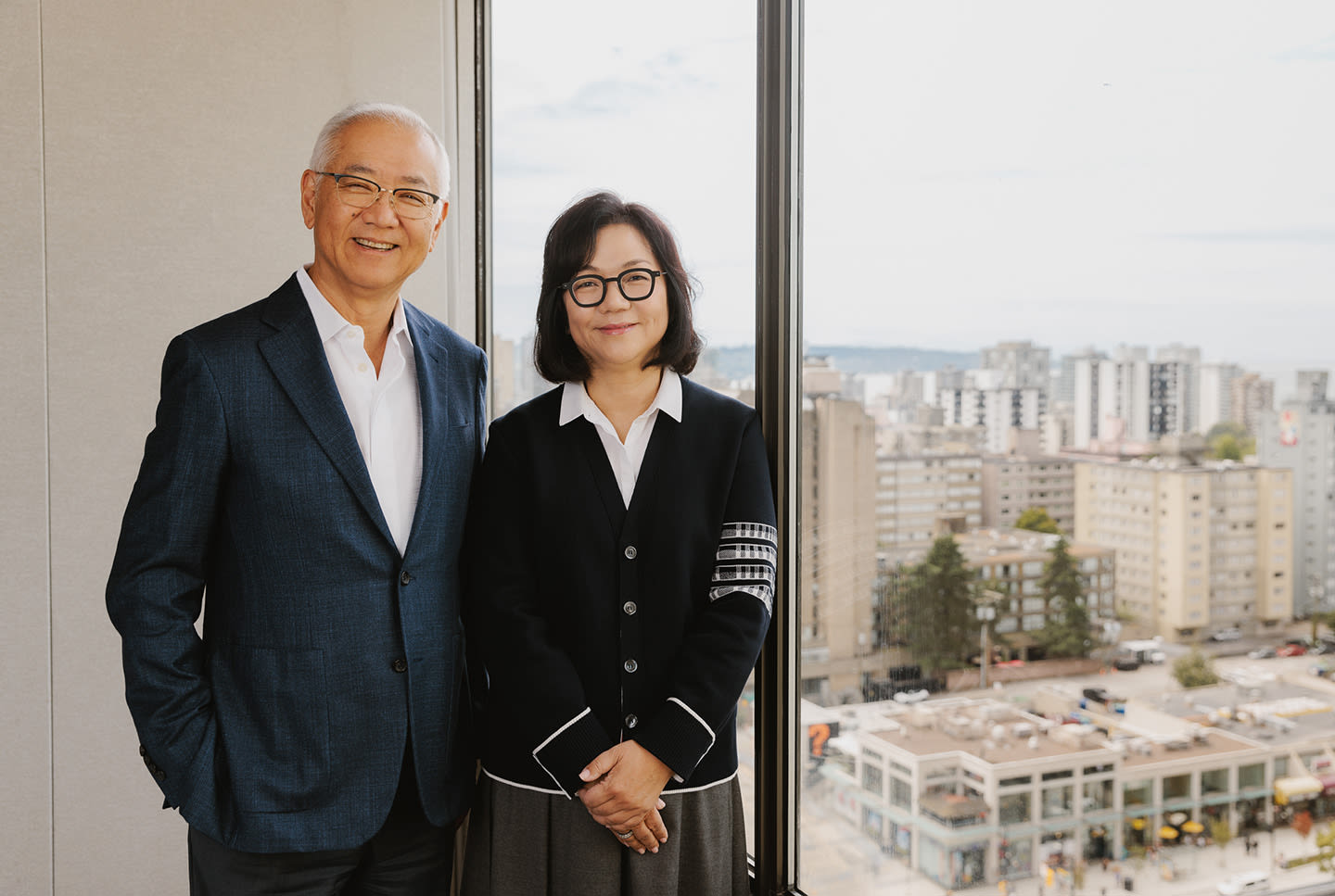My Path to a Career in Cancer Research (Part II)
March 10, 2017
Found in Bioinformatics, Community, Genome Sciences Centre, Genomics
The GSC was a part of a large consortium that was producing resources and data to help better annotate the human genome. I started out with fairly blue-collar work that utilized my knowledge of molecular biology but didn’t initially require a lot of computational expertise. I eventually became involved in some work on piecing together reference genomes for some other organisms.
In my undergraduate degree, I had learned virtually none of the computer science, programming and database skills that I needed for the more complex projects I became involved in. Renée Warren, a fixture at the GSC long before I had started there, was a pivotal mentor in helping me develop these skills. I also worked alongside graduate students under the supervision of Drs. Marco Marra and Steve Jones.
Being a component of an internationally renowned research environment was a rewarding experience but I saw these young trainees working towards exciting projects of their own and I felt that if I did not start graduate school within a few years, I might get too comfortable with the status quo. I applied for the new bioinformatics program and started my MSc at UBC in late 2005. Unlike most graduate programs, students entering do not start with a supervisor and instead spend their first year in “rotations” that hopefully help them find a good match. Dr. Marco Marra may not have known much about me but I had already decided I wanted to join his lab for my thesis work. One of my three rotations was with Marco, in which I was given access to one of the first “next-generation sequencing” data sets produced in the GSC using the very new “Solexa” instrument (which would ultimately become known as the Illumina Genome Analyzer).
My experience as one of Dr. Marra’s trainees and a graduate student in a program tailored to the budding field of bioinformatics helped me transition from someone who had picked up some technical expertise towards becoming a scientist. During my MSc program, I helped develop software and perform analyses that demonstrated that NGS was a powerful tool for studying microRNAs, a class of genes that were a convenient length for the technology. Somewhere in this flurry of activity, I found the time to become a father. That was 10 years ago last month!
I wrapped up my thesis fairly quickly and re-entered a staff position working directly under Marco, uncertain of what the next steps should be.


